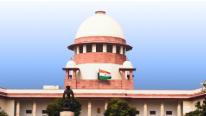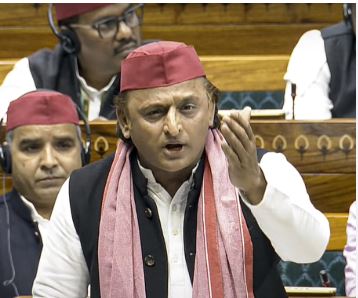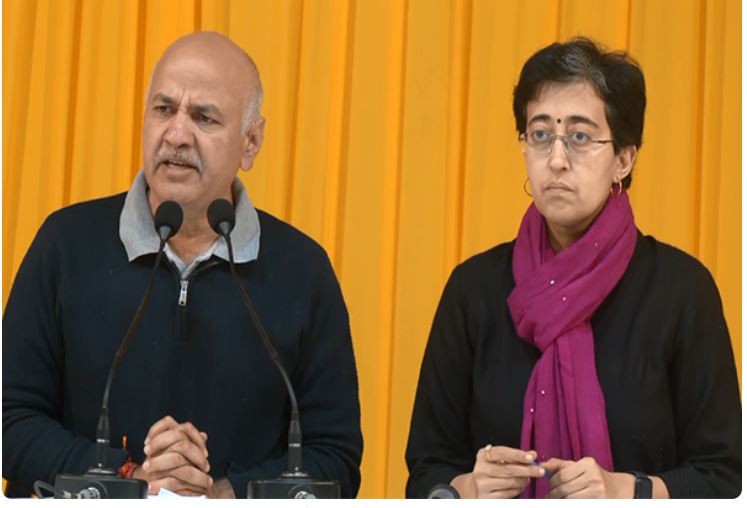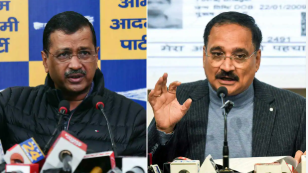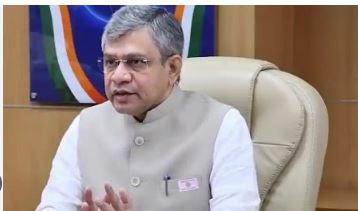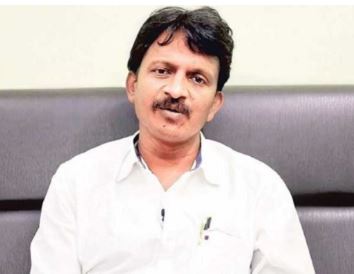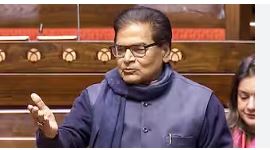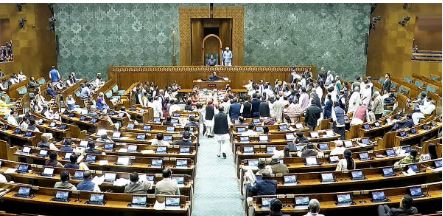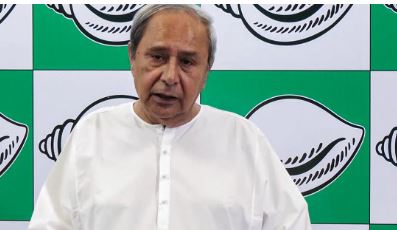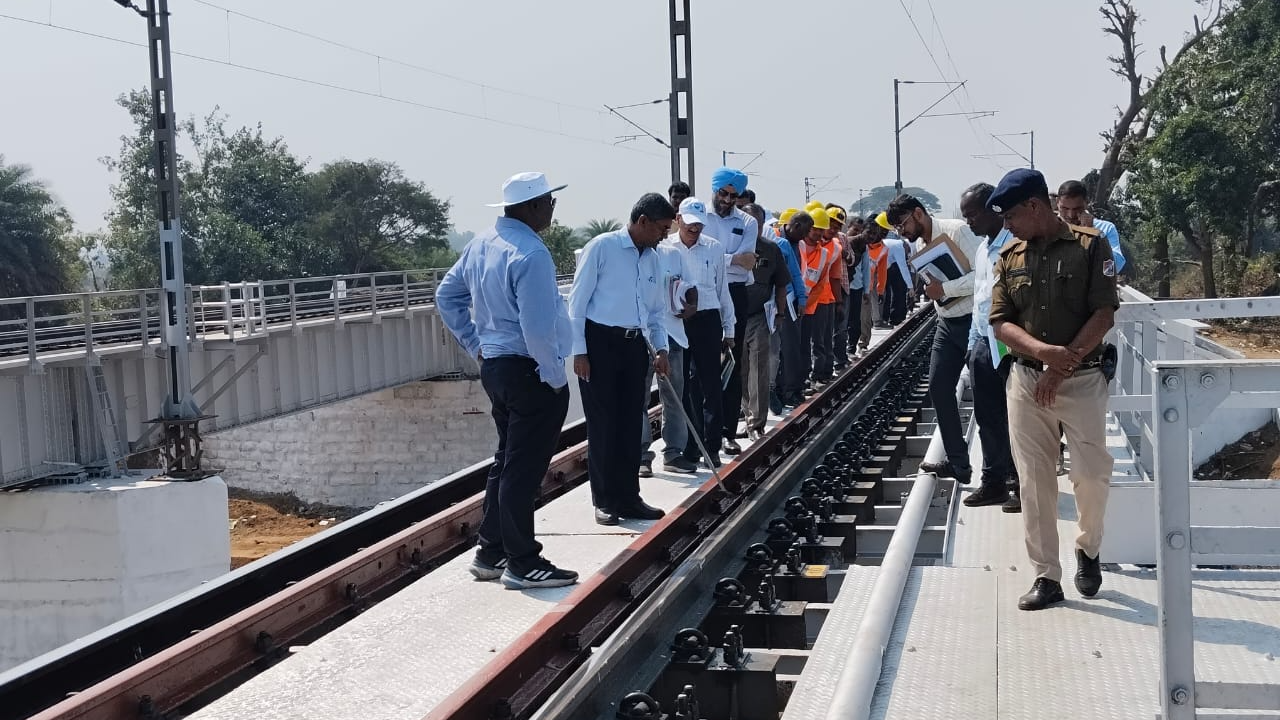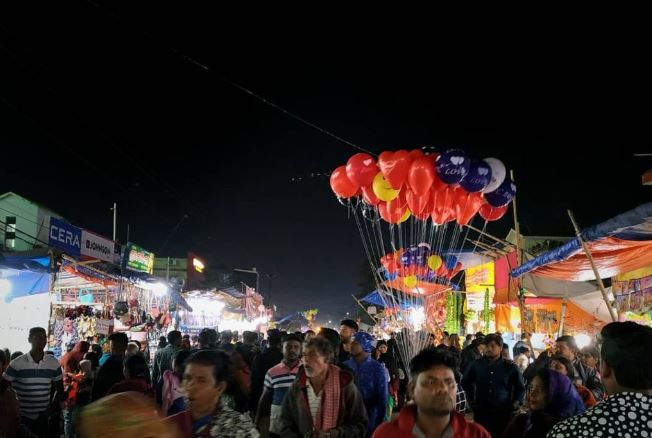New Delhi: The Supreme Court delivered a scathing critique of the Assam government's handling of foreigner deportations, questioning if authorities were waiting for an "auspicious time" (muhurat) to act on court-mandated deportations. The bench, comprising Justice Abhay S Oka and Justice Ujjal Bhuyan, directed the state to initiate deportation proceedings for 63 individuals currently held in detention centers after being declared foreigners during the National Register of Citizens (NRC) update.
Court's Strong Stance
In a heated exchange, Justice Oka accused the Assam government of suppressing facts, prompting Solicitor General Tushar Mehta to acknowledge "some lacunae" after consulting with senior executive officials. The court's patience wore thin when the state failed to provide verification dates, with Justice Oka threatening to issue a perjury notice.
"We will issue a perjury notice to you. You are supposed to come clean," Justice Oka warned, dismissing the state counsel's defense that there was "no intention to hide." The bench emphasized that the affidavit submitted was defective, particularly noting the absence of crucial verification dates.
Constitutional Rights and Detention Concerns
Justice Bhuyan highlighted the constitutional implications of indefinite detention, citing Article 21 of the Indian Constitution. "Once you declare a person as a foreigner, you must take the next logical step. You can't detain them forever," he stated, questioning the state about deportation numbers from Assam's numerous detention centers.
Addressing the Address Issue
The court dismantled the state's primary defense that deportations were delayed due to unknown addresses in the foreigners' countries of origin. Justice Oka provided a straightforward solution: "You deport them to the capital city of the country. Suppose the person is from Pakistan, you know the capital city of Pakistan? How can you keep them detained here saying their foreign address is not known?"
Protocol and Process
The bench clarified that the responsibility of determining where deportees should go lies with the receiving country, not India. The court criticized Assam's failure to engage with the Ministry of External Affairs for assistance in the deportation process, suggesting a lack of initiative in following established diplomatic channels.
Path Forward
The Supreme Court's intervention marks a significant moment in India's handling of immigration and deportation cases. The bench's directives emphasize the need for:
- Immediate action on pending deportations
- Proper engagement with diplomatic channels
- Respect for constitutional rights of detainees
- Clear documentation and transparency in the process
- Coordination between state and central authorities
The court's stern stance on this issue signals a potential shift in how deportation cases might be handled across India, particularly in border states dealing with similar challenges. As the Assam government faces pressure to act, the case highlights the delicate balance between national security concerns and human rights obligations in immigration enforcement.
The matter remains under the Supreme Court's close scrutiny, with expectations of prompt action from the Assam government to address these long-pending deportations and establish a more efficient process for future cases







